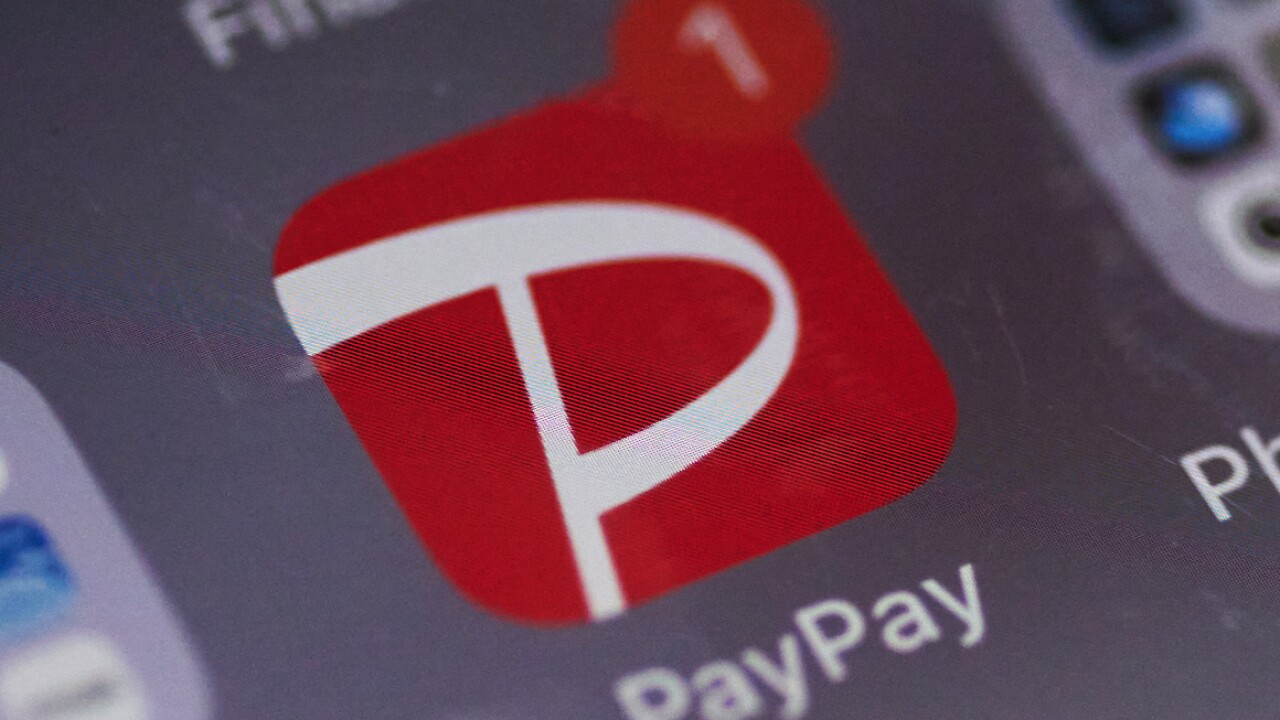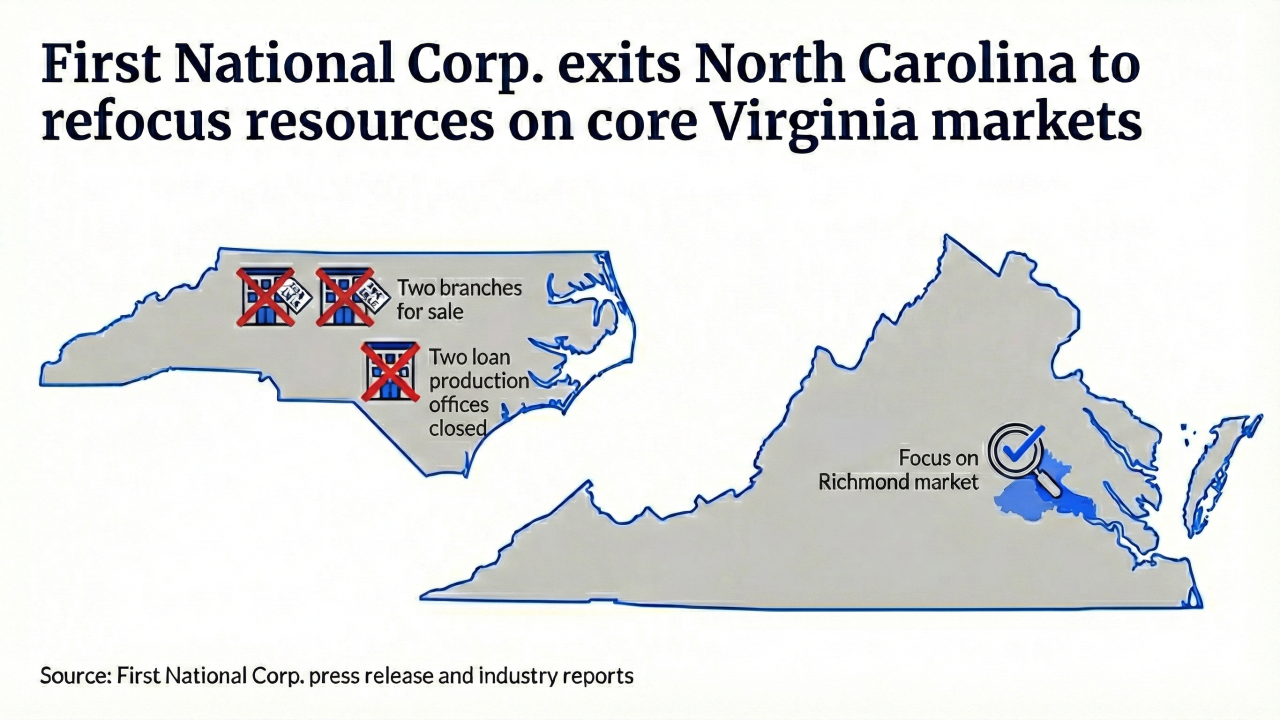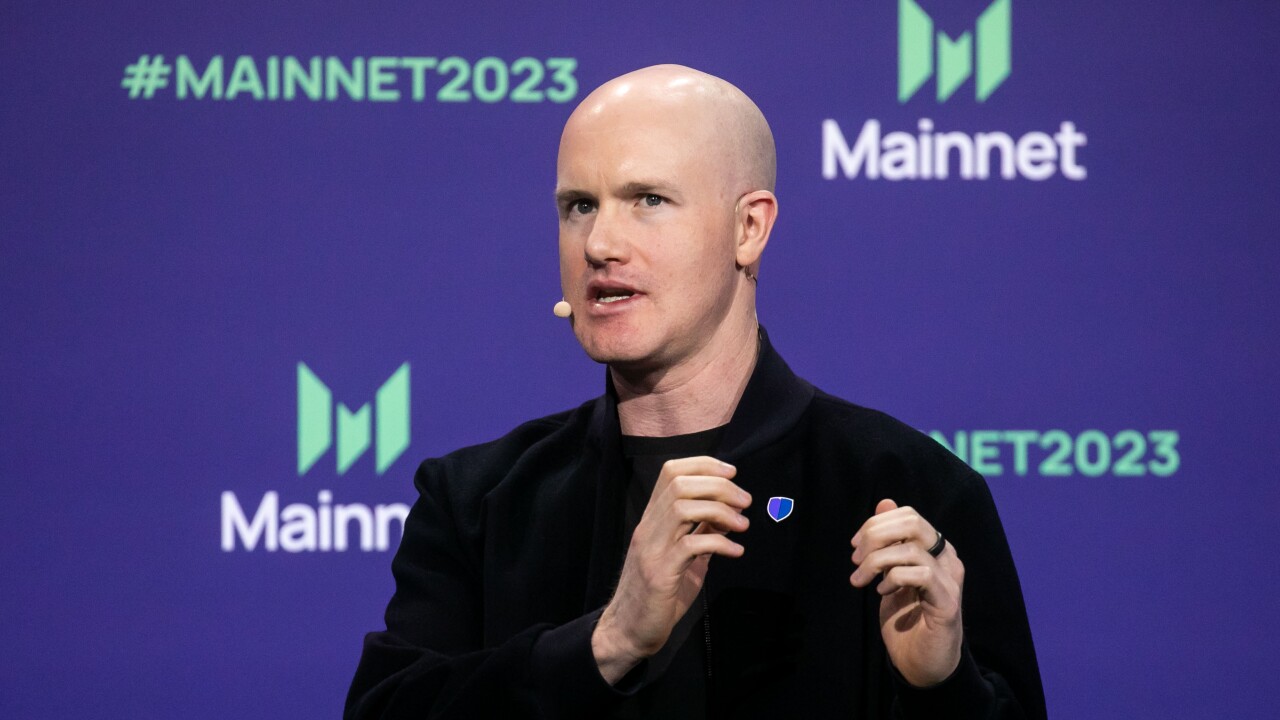Shailesh J. Mehta must be feeling like a turtle that has lost its shell.
Processing Content
Mr. Mehta, who is architect of one of the credit card industry's most successful strategies but is also one of the industry's more reclusive executives, is being forced into the public eye by corporate actions beyond his control.
The holding company of which he is president, Providian Corp., announced plans in December to sell its insurance operations to Aegon of the Netherlands. Providian Bancorp, the credit card bank in San Francisco that Mr. Mehta has run for many years, is being spun off to shareholders.
Mr. Mehta, who is expected to be named chairman and chief executive officer of the newly public Providian Bancorp, will have to adjust to the ethic of corporate disclosure.
"We have been relatively quiet about what we do, but as a publicly traded company we will have to be a little more open," said Mr. Mehta, currently based at Providian Corp. headquarters in Louisville, Ky.
The more open mode will take some getting used to. In New York recently after meeting with securities analysts, he said in an interview, "For one day I have said enough to so many people, I am now getting a little worried."
One of Mr. Mehta's objectives is to dispel misconceptions about the bank, which he says has been inaccurately labeled as a niche player overly specialized in the subprime market.
Its association with high-risk lending arises from Providian Bancorp's sizable profit margins and its position as the largest issuer of secured credit cards, with 750,000 cardholders. Secured cards tend to go to downscale market segments, or people with damaged credit ratings.
Providian ranks 15th among all card lenders, but it is at or near the top of the commercial banking industry in standard ratios like return on assets.
The high-risk lending reputation is "a myth," said Mr. Mehta. "We are a broad market player that does a substantial amount of business with prime- quality borrowers."
About 35% of Providian's assets are with such customers, said Mr. Mehta. The household incomes of the prime borrowers range from $35,000 to $45,000; 80% of them are homeowners, and they have credit histories spanning at least 10 years.
Providian is thus widely seen as a credit card lender catering to creditworthy lower- to middle-income borrowers. The bank also offers home equity lines of credit, deposit products, and consumer loans.
After the spinoff, which is likely to occur in the next five months, Providian does not plan to move into such areas as first mortgages and automobile loans.
The problem with auto lending, said Mr. Mehta, is its dependence on agents beyond the lender's control. Providian prides itself on its ability to fully service and market its own accounts.
"As soon as someone else gets involved in the credit decision, you start compromising standards in either credit quality or risk pricing," said Mr. Mehta.
"A lot of people talk about risk-based pricing, but Providian seems to really know what it's doing," said Salomon Brothers analyst Thomas P. Facciola.
Providian plans to aggressively increase its share of the subprime market, where it sees an opening as other lenders shy away from the less creditworthy.
"In the current paranoia about the subprime market, there is an opportunity for someone who knows what they are doing," said Mr. Mehta.
Providian plans to double its secured card base, to 1.5 million. Already, Providian is attracting between 40,000 and 50,000 such customers a month. It's secured portfolio grew 104% in 1996, to $450 million of outstandings.
Mr. Mehta sees more similarities now between Providian Bancorp and specialized card lenders like Advanta, MBNA, and First USA. "Our peer group has changed to the monolines," he said.
But unlike Advanta, which wants to create more brand recognition through advertising and sponsoring special events like museum exhibits, Providian is content to stay in the background, leveraging the Visa and MasterCard names.
"We have not seen any competitive disadvantage in not having a brand," said Mr. Mehta. "Why not take advantage of the hundreds of millions of dollars Visa and MasterCard spend promoting their brands? I see it as a free ride."
A "Providian" brand strategy may come-eventually. Mr. Mehta said that later this year the company will likely change the name of its card-issuing bank in New Hampshire, First Deposit National Bank, to Providian.
Two years since he moved to Louisville in hopes of transferring some of the bank's sophisticated data-based marketing skills to the insurance affiliates, Mr. Mehta said he relishes the return to his roots. Except for his stint at the right hand of Providian Corp. chairman Irving W. Bailey 2d, Mr. Mehta's entire 24-year career was in banking. Even while he was in Louisville, the bank reported to him.
He joined Providian, then Capital Holding Corp., in 1986 as executive vice president of the bank, and was promoted to president in 1988.
"I love to work in an industry that is having double-digit growth," said Mr. Mehta, who moves back to San Francisco this month.
Since 1986 Providian has grown from 1,800 employees to 3,500. It is looking to hire 800 more and is gearing up for a major marketing initiative in March.





